Bike-hailing business perils in Nigeria
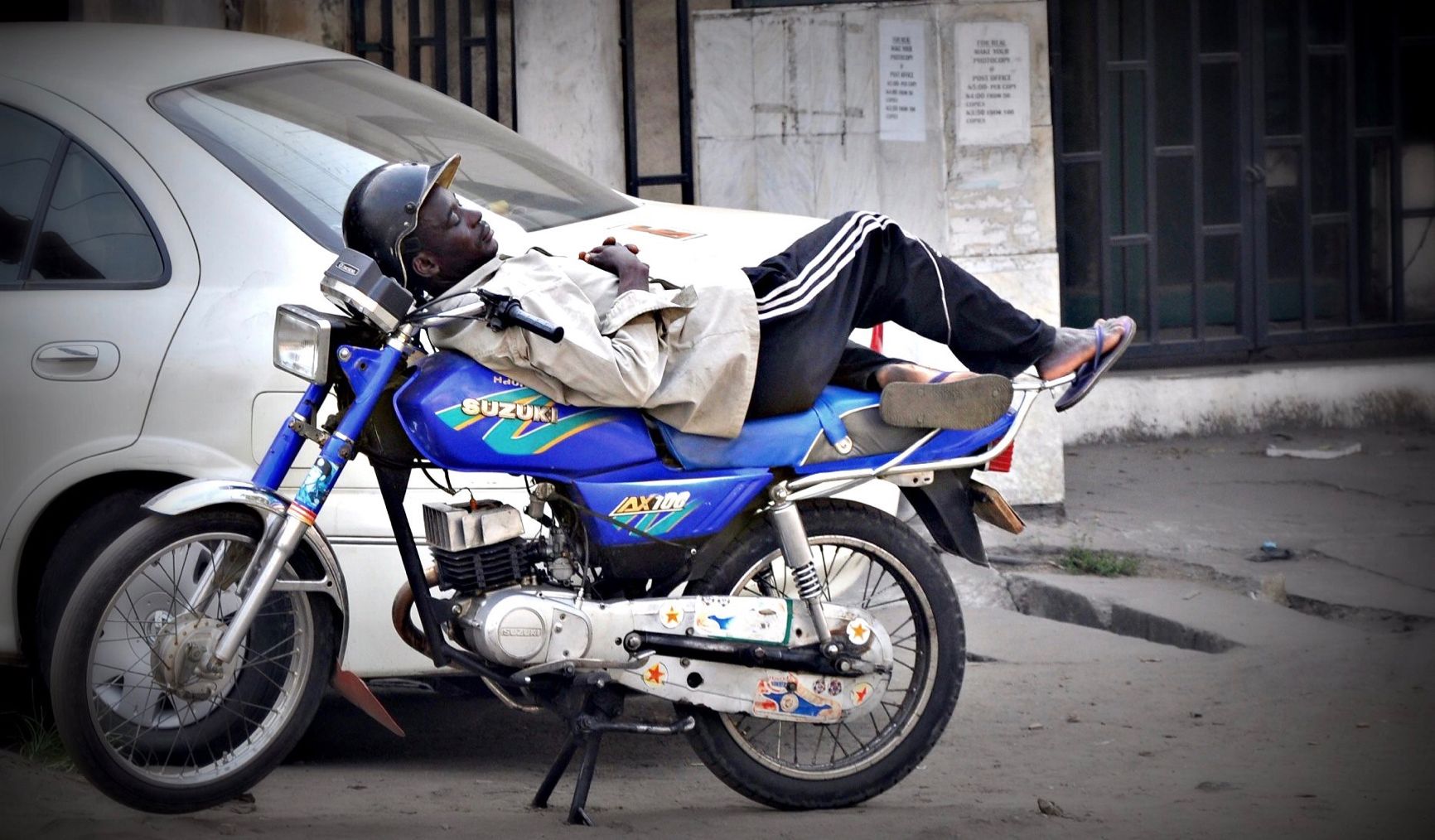
According to a 2021 data by Statista, Nigeria is the largest economy in Africa with its Gross Domestic Product (GDP) at $441. 54 billion preceding South Africa and Egypt with GDP valued at $418.02 billion and $402.84 billion respectively.
In the same vein, tech startups in Africa raised over $2.1 billion within the first four months in 2021 of which $904 million were secured by startups in Nigeria. This is followed by $446 million in Egypt $336 million in South Africa. More than 500 startups in Africa secured funding.
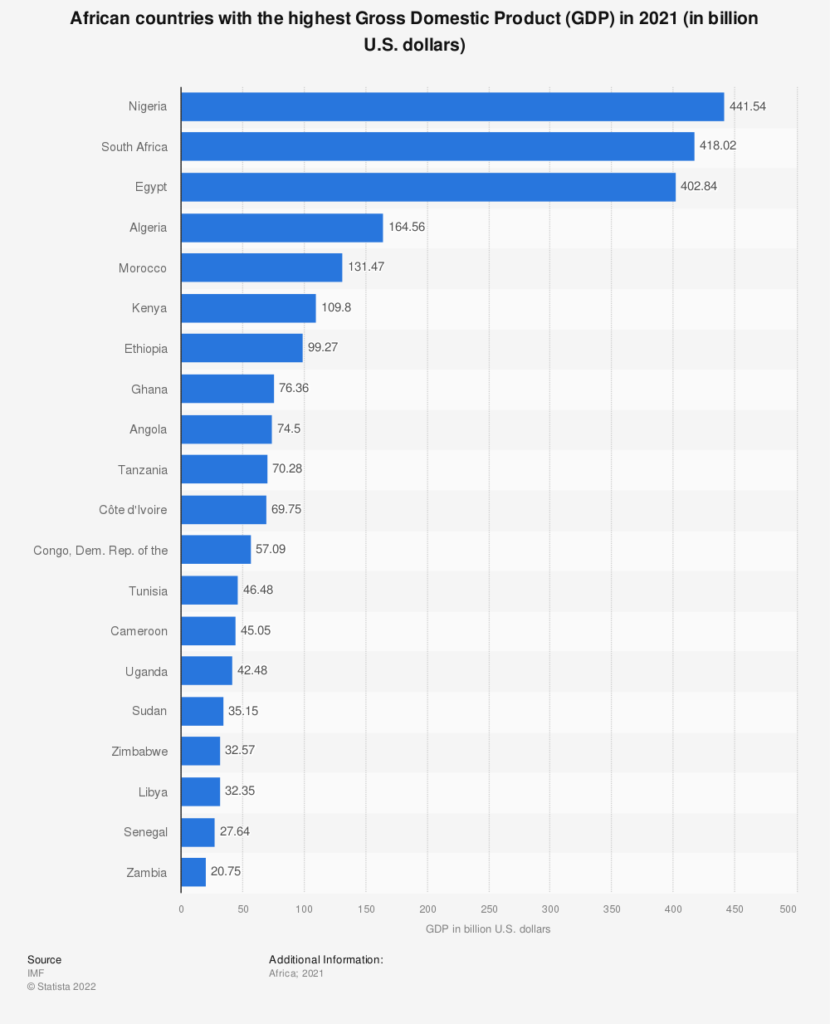
Giving an in-depth view on the bike-hailing business in Nigeria, there have been unfavourable reception in the country towards it. This has been challenged by factors ranging from insecurity and terrorism to kidnapping, assault and mob killing by body of bikers. The problem with this is that owning a motorcycle is seamless and it becomes hard to identify riders who use the vehicle for commercial purposes.
The business is highly profitable to the nation’s economy given the population of youths and the margin of unemployment in the country. When starting a venture, factors of production must be met and are highly essential and recommended to businesses that intend to remain sustainable, however, a rider only need a strategic location and the sole capital good; a motorcycle. The one-man business is capable of generating income to the unemployed youths in the country.
As at 2021, the rate of youths without jobs remain at 33.3% since there has been no updated statistics as regards that. This rate grows proportionally to the more than 200 million Nigerians, an eyesore for the acclaimed largest African economy.
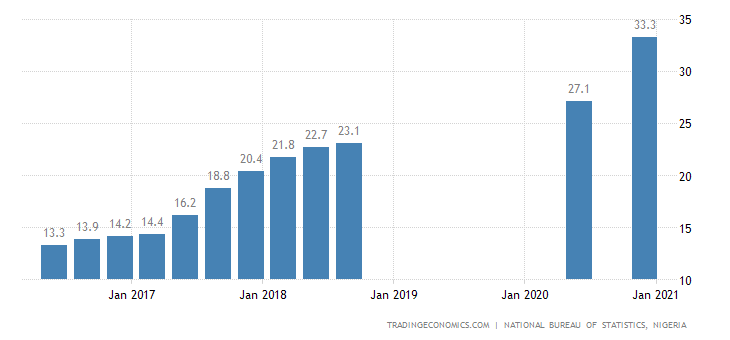
As soon as tech solutions began to emerge, riders would now engage in rivalry with bike-hailing companies such as Bolt; Uber’s subsidiary, Uber Moto; OPay’s ORide; Max; Gokada; SafeBoda, among others. These mobility companies have witnessed trust in the years of innovation due to regulation policies and customer satisfaction. Riders are branded by each companies’ standards and can be liable for offences unlike the touted counterparts who are unlicensed, unregulated and found with illicit ways of transaction.
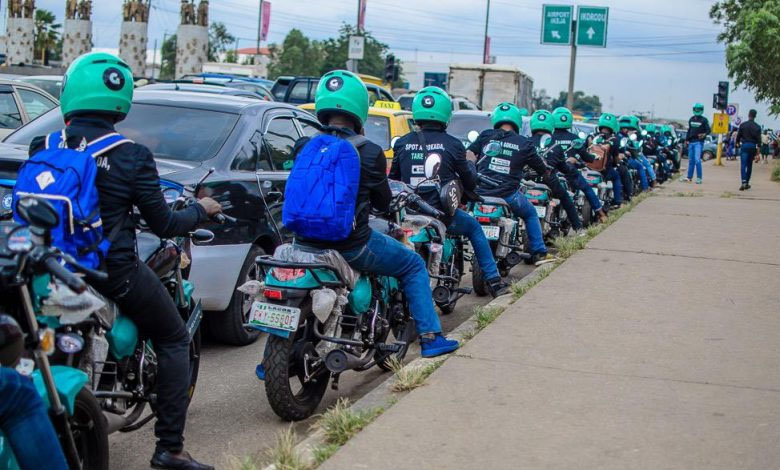
At the peak of granting Nigeria’s economy a momentum, the reversal of this conflict started when the government took to curbing the ills generated by motorcycle riders in the country. As at the time of this report, Lagos and Zamfara have issued a ban against motorcycles owing to insecurity. Other states remain unrivaled in the pursuance of the benefits accrued from the bike-hailing – overall ‘Okada’ business.
Okada is a Nigerian term for motorcycle.
Backstory, an annual ban and resident reactions
Lagos, Nigeria — Timonwa, a front-end developer in Lagos now has limited options as she confessed that trekking a 3-hours distance is reliable and faster. Before the ban, she always exhausted one hour to get home using either of Marwa (tricycle) or motorcycle in the densely-traffic-congested city.
As per reports, Marwa still operate in Lagos but, they are scarce and now reap the ban on motorbikes by charging passengers twice the previous fare. Not only does Timonwa have to pay this hiked fee but she’ll have little time to focus on her other side gigs.
“The government banned bikes without providing alternatives. Where there was ten people to one Marwa, it is now seventy people to the same vehicle – at once”, she complained.
In 2021, a replacement (last mile buses) for Marwa and Okada was introduced. The transport sector especially of bike business in the state is consciously and systemically handed over to the government with few private holdings. For context, the available means of transportation are state-owned giving no room for investment in the self-employer economy. Compared to taxi-hailing business in the state, companies that solely operate bike-hailing would have suffered a great deal in income generation and stable work environment. This is due to the pressure that collectively bans all riders from the state – the only exception being that they can operate within communities and neighbourhoods.
In May 2022, the Lagos government announced an indefinite and total ban on motorcycle riders. Even amidst the inconvenience of mobility, Eboseremen another resident is certain that there would be influx of Okadas and Marwas in time. It is in fact not the first time that the Lagos state government is issuing a ban on motorcycles – and tricycles.
“You see these Okadas, they ban them every year,” she assured – a ramble that eased the tension of being “tired” of the system in place.
In 2006, the Bola Tinubu government proclaimed that Okada riders are prohibited from working between 7pm and 6am. In another sanction, the Lagos State Traffic Law 2012 under former Governor Raji Fashola prohibits Okada and Keke Marwa (tricycles) from operating in certain routes and areas in the state. However this ban has been flouted repetitively. In this order, only motorcycles and tricycles below the required minimum engine capacity of 200cc were not allowed to operate.
Former Governor Akinwunmi Ambode followed suit to proscribe Marwas and Okadas in 2017 due to the incessant come-backs of the riders and operators.
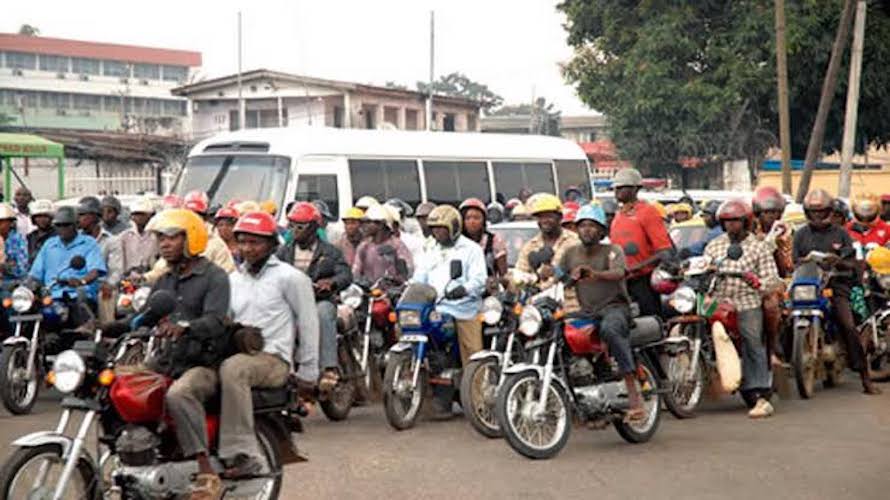
In 2020, the serving Governor of Lagos state, Babajide Sanwo-Olu aimed at ensuring motorcycle riders do not operate on expressways by keeping them at bay against the frequent accidents caused by them in the state.
These motorcycle riders are known to be ungainfully competitive in their fast and furious games which causes road accident implications.
Inside the regulated Lagos transport system
The major means of transportation in the state is a bus system. Recently, a competitor, Lag Ride was introduced in March of this year. Lag Ride is a blue car meant to serve as a substitute for privately-owned taxi-hailing companies such as Bolt, Uber, among others.
Drivers would access the right to car ownership while servicing their debts within 3 to 4 years. This comes after a down payment of N1.9 million which covers 20% equity of vehicle cost, registration and insurance, first aid kit, Lagos state government e-taxi license, soft skill training etc.
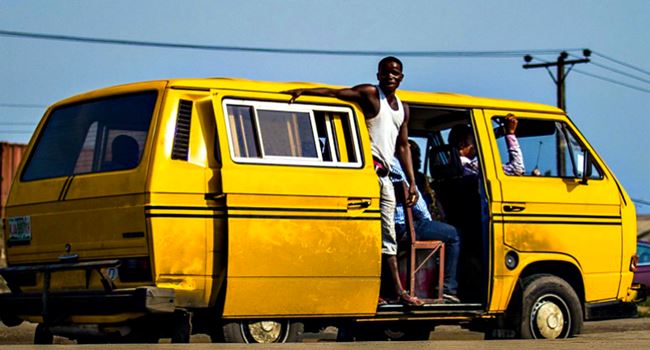
The introduction of blue Bus Rapid Transport System (BRTs) is meant phase out Yellow buses and Koropes (smaller passenger buses) which are not reputable for a mega city like Lagos.
“We are reforming the bus sector and over time, Lagos will phase out the yellow buses because the yellow buses are not conducive for a mega city like Lagos. That is why we are coming with blue buses you see around.”
This statement was disclosed by the Lagos state Commissioner for Transportation, Dr Frederic Oladeinde, during a virtual forum tagged ‘Transportation and Traffic Conference’ in 2021.
Despite Lagos being the commercial capital for Nigeria, a go-to for national and international investments, it might not be able to welcome innovations in its transport master plan which is focally state controlled.
*The next article explores what happened to bike-hailing companies in Lagos*.